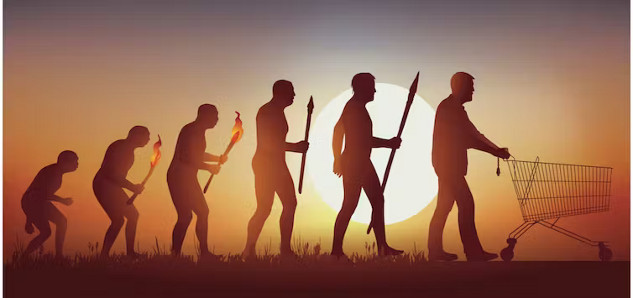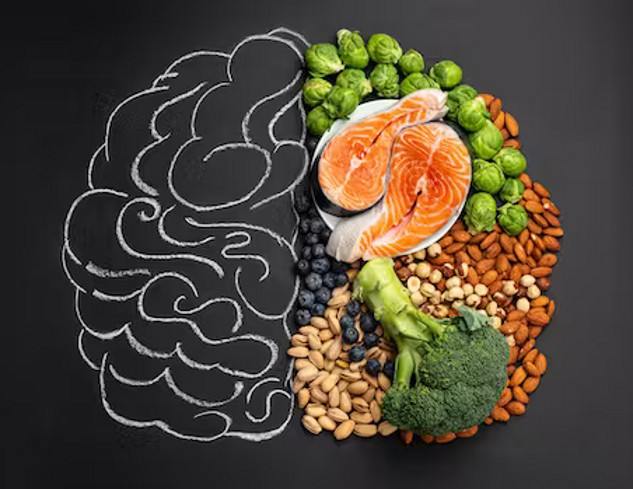
For many people, trying to lose excess fat is very difficult without help. Effective treatment is available when obesity affects health. (Shutterstock)
Since the time a human first used a tool to make life easier, increased weight has been inevitable.
From that day the amazing and rapid progress of human achievement has been on a parallel trajectory with the growing availability of calories and the health and social consequences — initially positive — that have come with it.
Through most of human history, our species has had to cope with food scarcity. Scrounging enough calories to stay alive was a struggle, and our ability to compete and survive sometimes meant enduring long breaks between scarce meals.
When food was abundant, our bodies stored excess energy in the form of fat to draw upon when food was not available.
Get The Latest By Email
Ancient metabolism in a modern world
Human ingenuity allowed our predecessors to harness fire, create weapons for hunting and invent farming. Our brains enabled our species to develop an easier, more comfortable life and a steady supply of food to support population growth.
As human progress continued, our ancestors learned to domesticate and use animals. Later, they invented machines to move ourselves and our belongings from place to place, and life became even easier.

Our metabolism remains calibrated for a hard, uncomfortable life where every bite had to be earned through strenuous physical effort, and our brains are still telling us to eat more than we need. (Shutterstock)
Today, mountains of calorie-rich (and often nutritionally poor) food and lakes of sugary beverages are readily available in much of the world. It’s no longer necessary to leave home — or even stand up — to access this cornucopia.
Our biology has not yet caught up to our progress, though. Our metabolism remains calibrated for a hard, uncomfortable life where every bite had to be earned through strenuous physical effort, and our brains are still telling us to eat more than we need.
Polygenic obesity — the inherited predisposition to consume and store calories — is the inevitable outcome of our primal instincts colliding with amazing, man-made abundance. It’s also what makes it so hard to lose excess fat and keep it off.
The brain’s role in obesity
From our clinical work and our research in obesity we know that while some people can carry extra weight and be truly healthy, others suffer serious health consequences, including diabetes, high blood pressure, cancer and arthritis. For far too long society has treated obesity as a personal failing while in reality it’s a biological, physiological, environmental, chronic disease.
The fact is that for many, trying to lose excess fat is very difficult without help. The brain wants us to eat as much as we can because it thinks it’s helping us survive, and it has the power to overwhelm our best intentions.
Despite the prevalent view that people with large bodies should simply eat less and move more, it’s nearly impossible to fight our genetic heritage or other factors that are not within our control.

The brain wants us to eat as much as we can because it thinks it’s helping us survive, and it has the power to overwhelm our best intentions. (Shutterstock)
Our body defends its weight vigorously. It changes levels of leptin and insulin, which regulate appetite. Whenever we lose weight by restricting calories, hormones compel our brains to signal increased hunger and decreased fullness and they slow our metabolism in an effort to retain body fat.
This makes it difficult to reduce weight and keep it off through diet and exercise alone.
In the meantime, another part of our brain, which regulates reward and pleasure, is also working to make us eat more.
The pleasure of eating food is driven by naturally occurring neurochemicals like dopamine, opioids and cannabinoids, to help with survival and energy storage. People living with obesity may have a genetic predisposition toward a heightened reward system associated with food. Glossy packaging, aggressive marketing (often targeting children), delicious but nutrient-poor foods, drive-through windows and online delivery services all enable this.
Effective treatment
Just as human progress brought us problematic obesity, it may also help resolve it.
That begins with accepting that polygenic obesity is a disease and not a matter of willpower. Rather than blaming and shaming one another for our size, we should be more understanding and educate ourselves about obesity, to help take stigma and judgment out of the equation. Society sends damaging messages about weight, especially through popular culture, so we want to make this very clear: our weight doesn’t define who we are, and it does not define how healthy we are.
It’s important to recognize that when obesity does impair one’s health, it needs treatment, and effective treatment is available. Canada’s 2020 clinical practice guidelines are based on three pillars: bariatric surgery, medication and cognitive psychotherapy.
Psychotherapy is critical to the effectiveness of surgery or medication, or both. Behavioural therapy can resolve questions such as: Why am I eating the way I do? What is my relationship with food? Where did that come from?
These pillars are the primary interventions that have been shown repeatedly to be able to help people with obesity improve their health while reducing their weight and keeping it off in the long run.
We need less judgment and more science. Progress is possible if we work for it.![]()
About The Author
Megha Poddar, Assistant (Adjunct) professor, Deptartment of Internal Medicine, McMaster University and Sean Wharton, Adjunct professor, Department of Medicine, McMaster University
This article is republished from The Conversation under a Creative Commons license. Read the original article.
books_food







